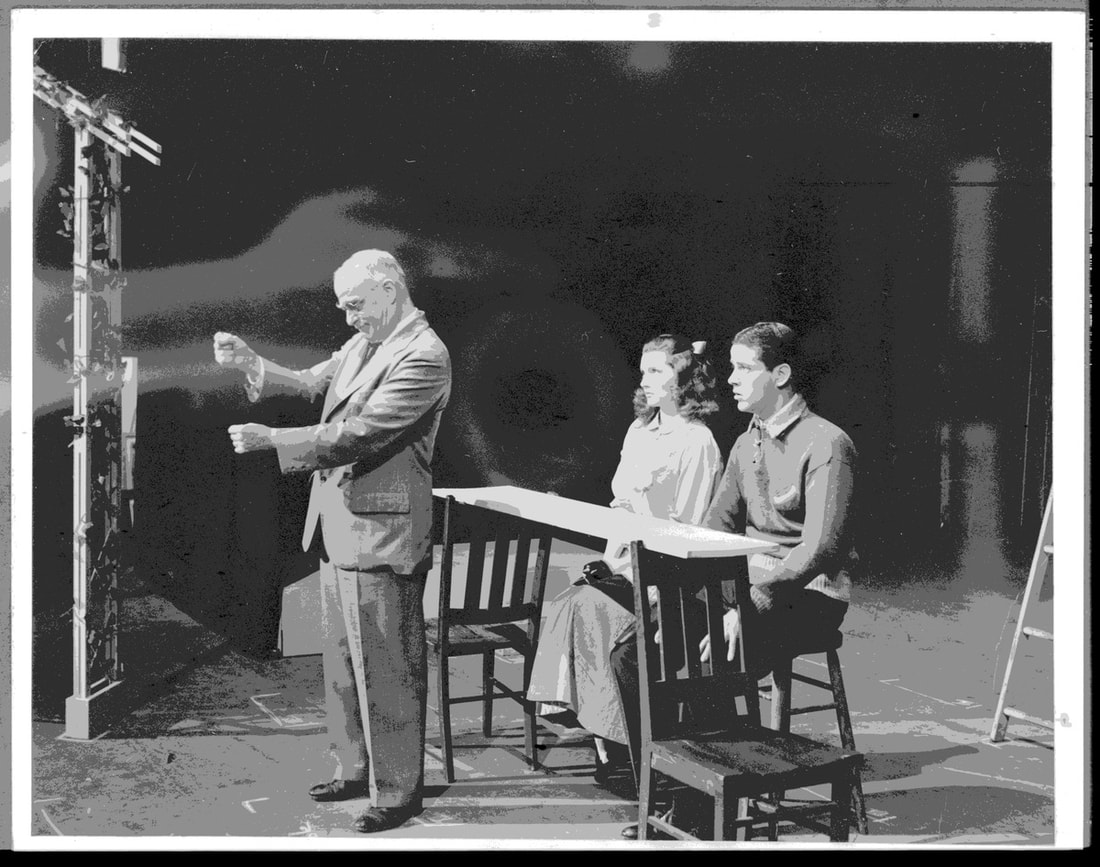


England has seen three major productions in the last decade: at the Almeida in 2014, at the Royal Exchange in 2017, and at the Open Air theatre in Regent’s Park in 2019. It’s a testament to this seeming war horse from an earlier era that it still calls to theatre artists today.

Photograph: Ray Fisher/The LIFE Images Collection/Getty Images Playwright Thornton Wilder, pictured in 1949. And yet, if one looks closely, topics like the extermination of indigenous peoples and immigration from eastern Europe are fleetingly recognised in a very homogeneous town, and the march of technology is transforming people’s lives. We see mostly minor events in the lives of a few primary people. The largest role in the play is a narrator called only the Stage Manager, who has no personal story or even identifying details of character. Wilder may have written explicitly about what he wanted audiences to learn but he didn’t provide a precise map of how to get there. However, after working on a production, everyone seemed ready to proselytise others into the fold of Our Town.įor a play as seemingly simple and plotless, there are depths to plumb in how to approach the play. Given the conventional wisdom that the play is old hat, I was surprised to find how many of the people I interviewed, in the US and the UK, either had already fallen for its message – or, in roughly equal number, had never previously seen or read the play, yet had formed definite and typically dismissive opinions about it. I spent 18 months conducting more than 100 interviews with theatre artists for a book about the play and it felt like I’d been running an Our Town focus group. For a play that many remember for its sweet romantic scene with two teenagers in Act II, or for the homespun charms that clung to it for so many years, this is a play that starts talking about death in its first few paragraphs, giving way in its third act to a scene of the aftermath of a tragedy from an atypical perspective. That’s because the play is about mortality, about the brevity of human life and Wilder’s charge to the audience to appreciate what they have while they have it.

With its dictate of no scenery save for a couple of tables, a few chairs and two ladders, as well as segments with extended miming of activities, the play demands that audiences fill in the world portrayed, rather than show them any particular one. There are some things that place the play in a precise location and period but odds are that such references as the Philo System of raising chickens were pretty obscure even when the play was new. Paul Newman (the Stage Manager, centre) with Maggie Lacey and Ben Fox in the 2002 production of Our Town at the Booth theatre in New York.


 0 kommentar(er)
0 kommentar(er)
